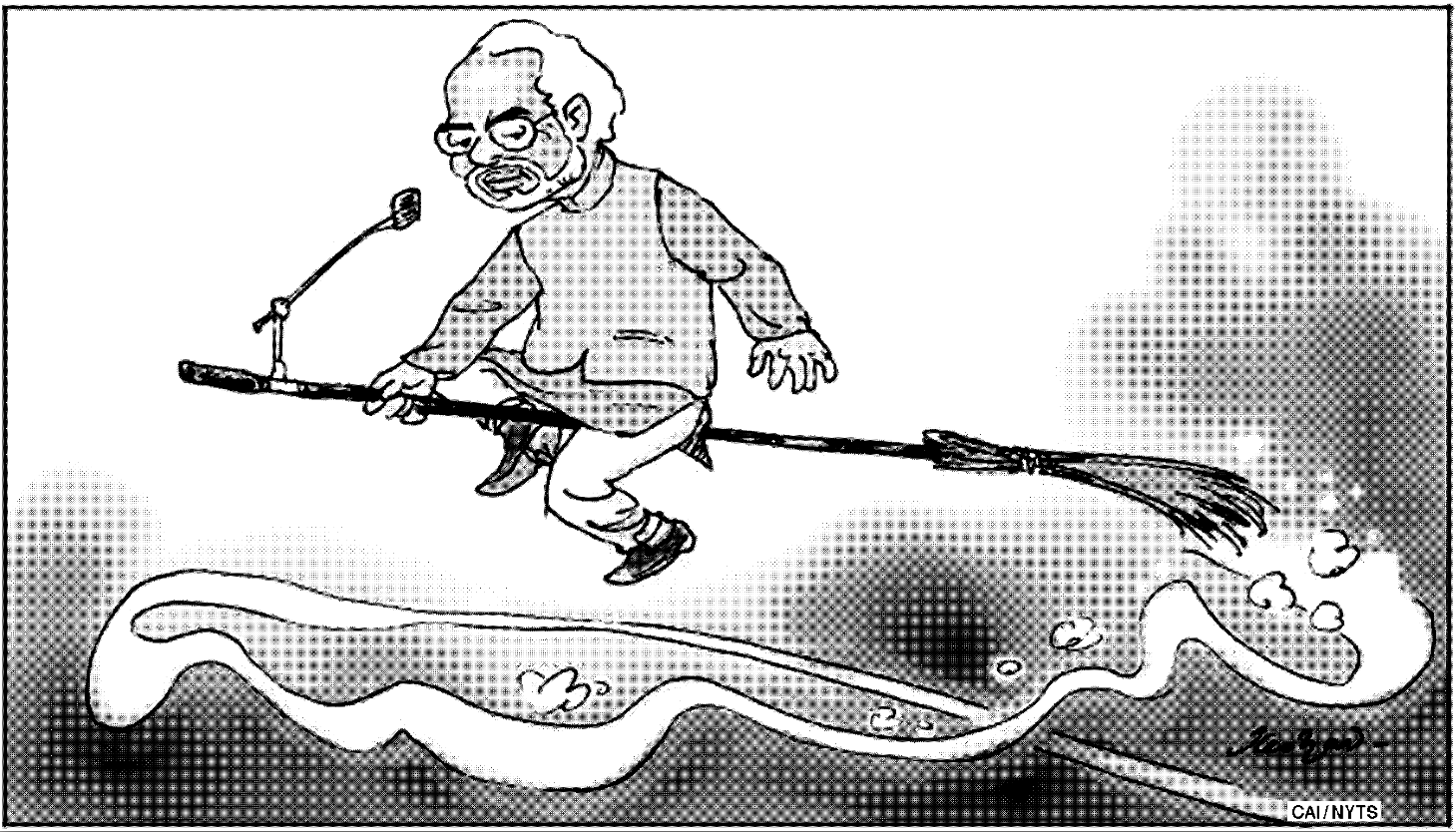Last weekend, electronic voting machines hummed in the large Indian states of Haryana in the north and Maharashtra in the west. Just as in the national elections of May, they delivered numbers that offered irrefutable evidence of "the Modi effect."
Narendra Modi's Bharatiya Janata Party registered vast gains in both states after carefully conducted election campaigns in which the prime minister played a prominent role and the state units did not offer candidates for chief minister. Instead, local politicians in both states promised, in the words of the Mumbai politician Kirit Somaiya, a mini Modi government to replace the relatively undistinguished governments seeking re-election.
Modi himself campaigned extensively in both states, addressing an astounding 38 public rallies and cajoling voters to deliver a clear verdict for his party, as he did for the country in May. Voters found being a part of a sweeping change in Indian politics irresistible, ushering in record numbers of legislators for the BJP in both states (though in Maharashtra, they did not deliver an absolute majority to the BJP, as it had hoped). The result was yet more evidence that the difference between the BJP and all other major Indian political parties today can be boiled down to one man's energy, charisma and political capital.



